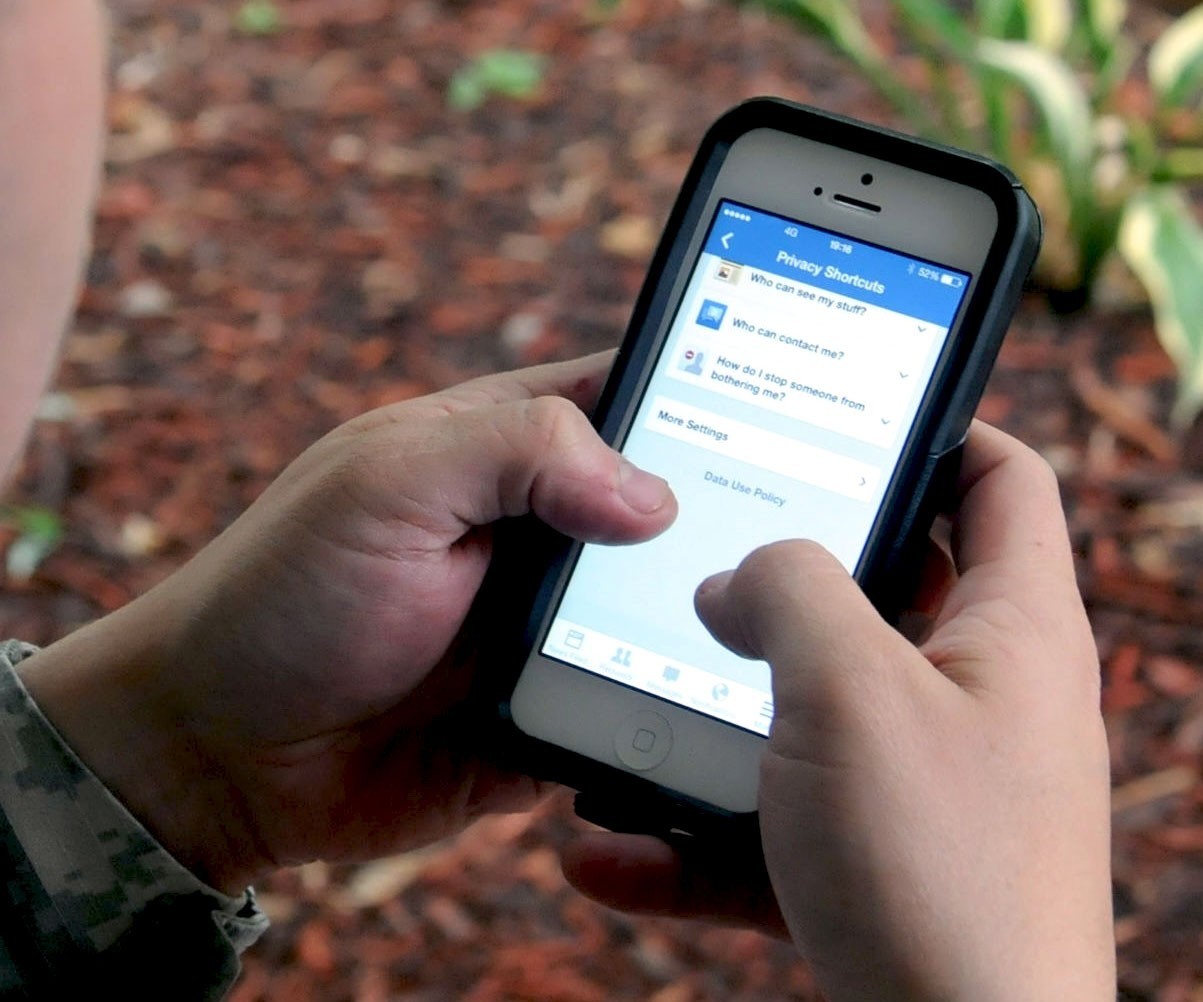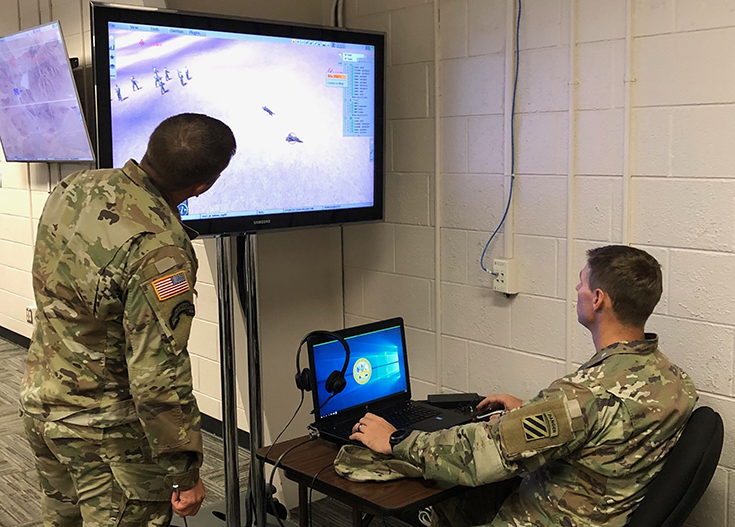
Data breaches are a seemingly constant occurrence. The frequency of these events has increased dramatically in recent years, and they seem to be getting worse with each passing day.
It’s getting to be common that unscrupulous freelancers are using their status as a non-employee to steal your data, hold it for ransom and even spy on your day to day operations. They could be doing so quietly for years… and you’ll be none the wiser until it’s too late, that’s even if you find out at all.
There are things you can do to mitigate risk and protect your company’s sensitive data from freelancers working on projects. It’s become crucial that you have a plan in place before a potential breach occurs. A carefully-devised security strategy will go a long way toward keeping your data secure. With that being said, many companies still operate in complete disregard for the risks posed by freelancers working on their projects. Don’t be one of the foolish companies who have sloppy data and security policies, or worse yet, don’t have the policies in place to begin with.
Here are some helpful tips for avoiding data theft when working with freelancers:
Create a Protected Repository for Collaborating Freelancers
If you choose to work with freelancers on a regular basis, it’s important to set up a protected repository where you can store the files you’re collaborating on with them. This will prevent freelancers from accidentally stealing your data while they work on your files and will also prevent you from accidentally sharing sensitive information with freelancers.
Personally, I use a combination of virtual machines and Kasm Workspaces. They are perfect tools you can use to make sure there are zero data leaks. I primarily use Kasm Workspaces for research.. By doing so, I don’t compromise any of my active and sensitive workspaces. I do a lot of research on computer viruses, trojans, etc.. so Kasm Workspaces comes in handy I can load up a workspace then shut it down if problems arise that would take a lot of time and resources to deal with.
Another option is to set up a virtual machine for each freelancer, that way you can keep an eye on what they are doing and give them access only to those resources they need. This also saves money with licensing by not needing a license for each contractor, which can get quite expensive very quickly. Freelancers can simply have a separate login to the system that houses your licensed software.
There are many advantages to both (Kasm or virtual machines) but it’s beyond the scope of this article.
Most freelancers are used to working on a freelance or project basis, rather than on an ongoing basis, so they may not be as aware of the risks posed by sharing company data.
It’s a good idea to provide the freelance team with a copy of your data protection policy, so they know what they’re getting themselves into. You can send them an email with your policy attached, or you can create a policy document and share it with freelancers as needed. By taking the time to develop a policy, you will save any confusion with the freelancer on what they can and can not do.
Require Secure File Transfer When Working With Freelancers
When working with freelancers, it’s essential that you require them to use secure file transfer methods. If your team uses a file sharing service, such as Google Drive or Dropbox, ensure that the freelancers using the service are required to use secure methods, such as https.
You can use encryption software, such as TrueCrypt, to encrypt data before uploading it to a shared drive or cloud repository.
Plan for the Worst – Establish a Disciplinary Process For Any Incidents
Planning for the worst is actually something that many companies do on a regular basis. It’s important to establish a disciplinary process that allows you to address potential incidents with freelancers.
A data breach can be devastating to your company, while also having a negative impact on your freelance partners and contractors. When working with freelancers, it’s essential that you take steps to prevent a data breach, even if you only deal with a handful of freelancers per year.
By keeping good data hygiene, you will also be less likely to fall victim to ransomware. Don’t make the mistake of thinking this only happens to the big players. More and more, small businesses are falling victim to ransomware attacks. Stay up to date on what’s going on in the tech world and be diligent in protecting your data and systems from prying eyes.
Discover more from JohnHigginbotham.com
Subscribe to get the latest posts sent to your email.


